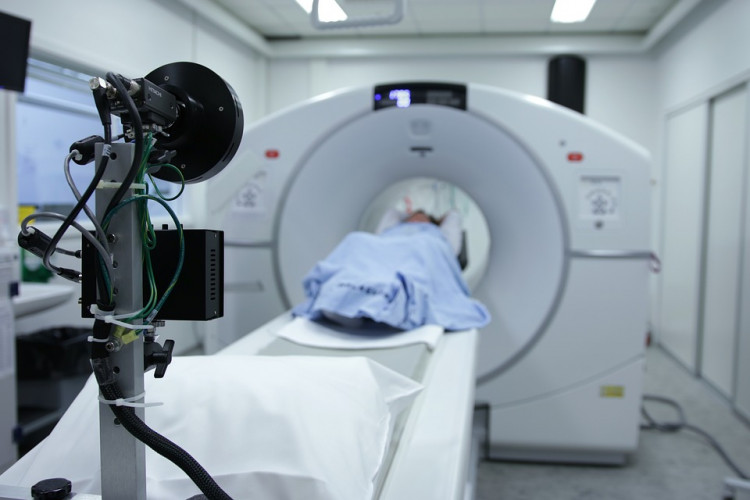A new cancer therapy recently launched in Hong Kong offers hope to patients suffering from glioblastoma multiforme (GBM), a deadly brain tumor. The therapy based on electrical fields and it reportedly shows a promising result in patients in the United States and elsewhere.
The innovative cancer treatment named Optune is an electrical therapy device also called as the Tumor Treating Fields (TTFields). The introduction of this cancer therapy is the result of a collaborative effort between TTFields company Novocure in the US and biotech firm Zai Lab in China. Novocure has reportedly licensed its medical technology to Zai Lab to promote TTFields in Asia - such as China and Hong Kong, the South China Morning Post reported.
Basically, Optune helps fight GBM, a malignant brain tumor which is the most aggressive type and difficult to treat. Those who are suffering from the disease usually face dismal prognosis - less than 5 percent of patients only survive five years following the diagnosis. Reportedly, one to two people out of 100,000 is affected with GBM in Hong Kong, while 45,000 people were affected annually in China.
Zai Lab reportedly treated four patients in Hong Kong using this cancer therapy since September 2018, and they're planning to treat patients in China as well, as per Zai Lab CEO Dr. Samantha Du.
One patient in the city surnamed Wong was diagnosed with GBM and had a surgery to excise the brain tumor, and radiation therapy and chemotherapy. He reportedly started electrical therapy back in January, and Zai Lab said Wong wears the device 18 hours a day while he continues to undergo treatment. He reportedly didn't experience related symptoms like seizures and nausea.
Novocure Executive Chairman Billy Doyle explained Optune relies on electrical properties rather than chemicals to fight cancer. He said this cancer therapy is fine-tuned to a specific frequency, so it only attacks the cancer cells - not including the healthy cells.
The device is basically composed of two parts. First, a boxlike electric field generator weighing about a kilogram and being carried in a handbag or knapsack. Then, it is connected to bandages fixed to the scalp of the patient and the electric fields target the tumor.
To test Optune, an initial large-scale clinical trial was conducted involving 695 GBM patients. It was found that 43 percent of participants who received standard care plus this therapy lived two years or longer compared to those who only underwent chemotherapy. The study was published in 2015 in the Journal of American Medical Association.
Optune was reportedly approved by the US Food and Drug Administration (FDA) and Conformité Européenne (CE) of the European Union. Doyle said 40 percent of all GBM patients in the US receive a prescription for Optune. The device is also available in Japan, Germany, and now in Hong Kong.






